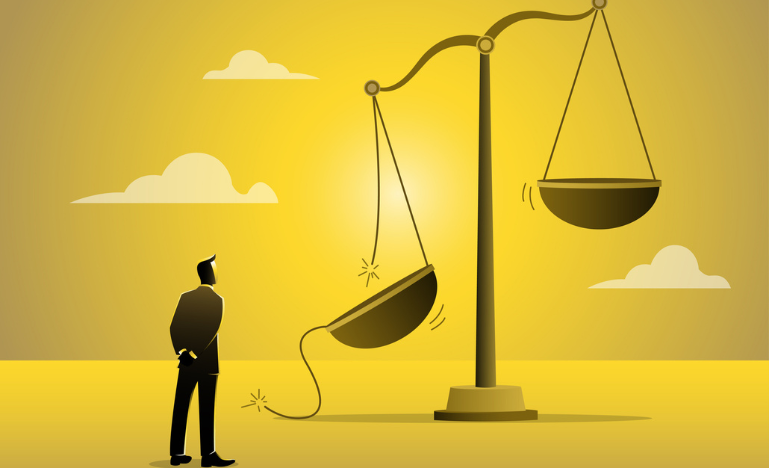Recognizing threats to the rule of law
UN Special Rapporteur Margaret Satterthwaite on the autocrats around the world who are unleashing assaults on their legal systems

A robust democracy may not collapse overnight, but it can quickly crumble if orchestrated attacks on the rule of law and the media sow doubt among the public about the independence of institutions.
Margaret Satterthwaite is among those trying to keep this from happening to democracies around the world. In her role as the United Nations Special Rapporteur on the independence of judges and lawyers, she comments on emerging trends and issues in law and communicates directly with governments when human rights concerns arise.
That includes the government in the United States, where the rule of law has been under attack in recent years and where Satterthwaite happens to be based.
“What happened after the second Trump presidency began was that I started to see some emblematic signs of what I would call autocratization,” she told the Verdicts & Voices podcast recently.
This included a purge of prosecutors in the Department of Justice, some of whom had a role in investigating the January 6 attack on Capitol Hill, the firing of immigration judges, and a rise in online attacks against judges.
“People started to get threats,” Satterthwaite says.
In one of the most emblematic and upsetting cases, federal judges started to receive pizzas that they hadn’t ordered. A pizza delivery person would come to their door with pizzas that had been signed for using the name of a judge's son who had been killed.
“The message was very clear: We know where you live,” she says.
That prompted Satterthwaite to write a letter to the American government, objecting to the lack of security measures in place to ensure judges have the protection they need, and expressing that it's inappropriate for government officials to denigrate judges publicly simply because of the decisions they've made.
She notes that although these kinds of tactics are commonly used around the world to undermine the rule of law, they can be difficult to spot.
“One of the wonderful things about the rule of law is that we don't notice it when it's working well. We don't notice that our food is safe. We don't notice that our traffic signs are working, and people are not routinely rushing through a red light,” she says.
“But when things start to go wrong, we do notice things, and some of those signs we can notice too late.”
Early signs include attempts by members of the executive to expand their power over independent and impartial justice systems by firing prosecutors or creating new judicial vacancies.
“The reason that might happen would be to allow the executive or the parliament to place new judges on the bench who they feel will be more loyal,” Satterthwaite says.
Sometimes, ruling parties, if they are overly aligned with governments seeking to increase their power, can attempt to enter into bar associations or law societies in a manner that politicizes them.
A stark example is what happened in Belarus, where the lawyers’ associations have been taken over and converted into a tool of the executive. She says that as a result, it can discipline lawyers who are not appreciated and reject new lawyers.
“They're really creating a legal profession that is itself a tool of the state.”
For that reason, bar associations need to look out for signs of polarization when it seems that external politics are coming into the profession.
“It's worth really investing then in looking at that and trying to dismantle it before it becomes something that could be captured,” Satterthwaite says.
Another risk for the rule of law in a democracy is the strategic defunding of courts. If an executive dislikes certain kinds of due process, the response might be to defund those courts, making it much harder for independent justice systems to fulfill their role.
“I often call this curbing the system itself,” she says.
“Sometimes, it just literally looks like we're going to shrink the budget of the entire judiciary, and suddenly, then you have judges who can't hire their full complement of law clerks or legal assistants. Judges then start to have higher case loads.”
This can be a strategic move by autocratizing governments, which know this will start to erode the public’s trust in the judiciary.
“It will start to get them frustrated,” Satterthwaite says.
“And once there is that frustration, it's easy to weaponize that negative feeling about the judiciary to… fire judges or force them to retire, maybe bring them up for unwarranted disciplinary proceedings, etc.”
Tune in to hear what Satterthwaite thinks institutions need to do to counteract the erosion of public trust in the law, how the gradual disappearance of local journalism has made it harder to identify attacks on the law, and why law students are in a good position to get across to the public why the rule of law is so important.


